
Tisza Party widens lead in Hungary, poll suggests
Fidesz’s recovery stalls as a new 21 Kutatóközpont poll shows Tisza Party gaining ground ahead of Hungary’s 2026 election.
A collection of 35 posts

Fidesz’s recovery stalls as a new 21 Kutatóközpont poll shows Tisza Party gaining ground ahead of Hungary’s 2026 election.
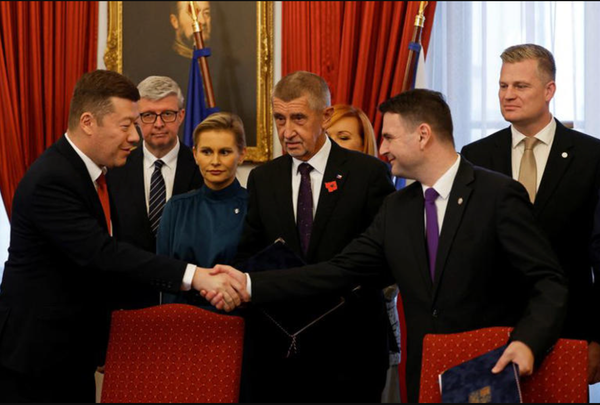
Andrej Babiš’s ANO movement returns to power in coalition with nationalist allies, promising social protection, lower energy prices, and a tougher stance toward Brussels.
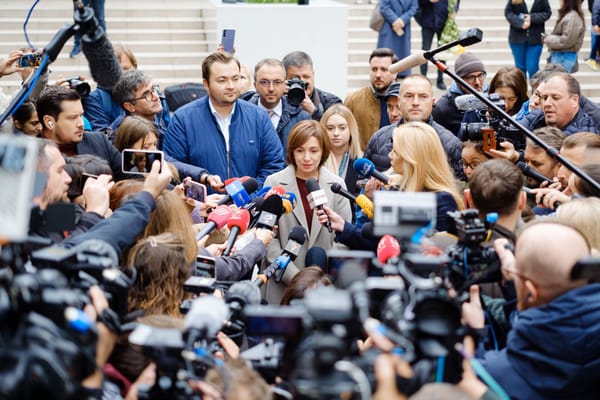
In a knife-edge referendum that laid bare Moldova’s internal divisions and heightened geopolitical tensions, the country’s voters backed constitutional changes aimed at securing EU membership on Sunday, 20 October, with 50.46% voting in favour and 49.54% against. On the morning of the vote, Moldovan President Maia
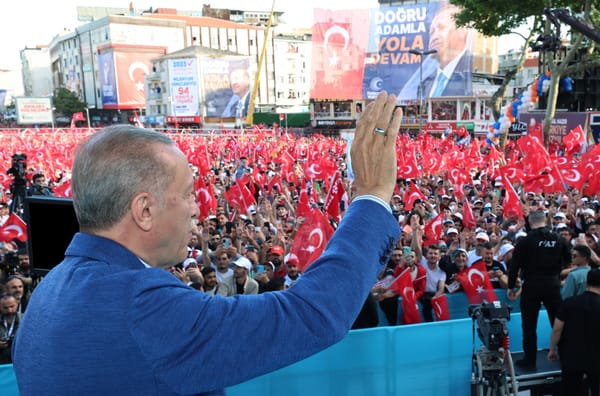
Leaders in Central and Eastern Europe (CEE) congratulated Turkish President Recep Tayyip Erdogan after his re-election on Sunday, 28 May, after a tough election campaign that posed a significant challenge to his two-decade-long rule. Having sealed another five years in power, Erdogan holds a position of considerable influence in regional

Montenegrin President Milo Djukanovic lost the presidential election run-off on Sunday, 2 April, ending his 32-year rule that began in February 1991. Djukanovic, the Democratic Party of Socialists (DPS) leader, was squarely defeated by 36-year-old newcomer Jakov Milatovic, a candidate for Europe Now, in the second round, with preliminary results
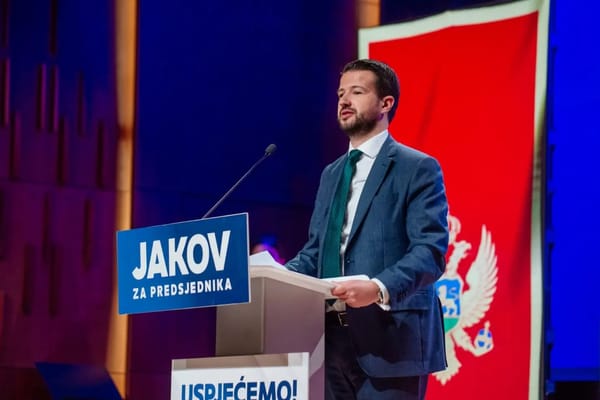
Montenegrin President Milo Djukanovic took around one-third of the votes in Sunday’s presidential election ballot, well below the majority needed to avoid a second-round vote, according to the Centre for Monitoring and Research (CeMI) data based on 95.5% of processed votes. Djukanovic, 61, is one of Europe’s
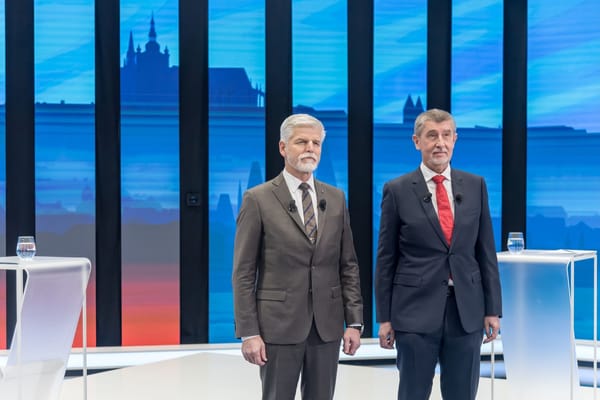
Retired General Petr Pavel, a former senior NATO commander, won the Czech presidency in a record-breaking victory over former prime minister Andrej Babis on Saturday. In the head-to-head second round of voting, pro-EU Pavel received 58.3% of the ballots, to Babis’s 41.68%, the largest ever victory margin
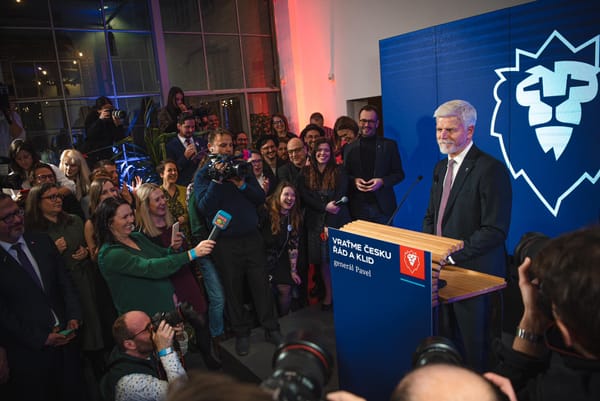
Retired General Petr Pavel will face ex-prime minister Andrej Babis in Czechia’s presidential runoff vote after narrowly beating him into second place in an eight-candidate ballot on Friday and Saturday, 13-14 January. Pavel received 35.4% of the votes, to Andrej Babis’s 34.99%, missing the simple majority
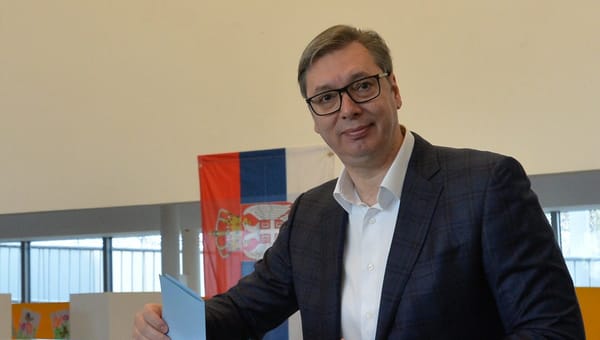
Serbia’s President Aleksandar Vučić declared victory in the country’s general elections on Sunday night, as pollsters estimated that he would secure almost 60% of the national presidential vote. Vucic admitted that Russia’s invasion of Ukraine had affected the campaign. However he added that Serbia has no plans
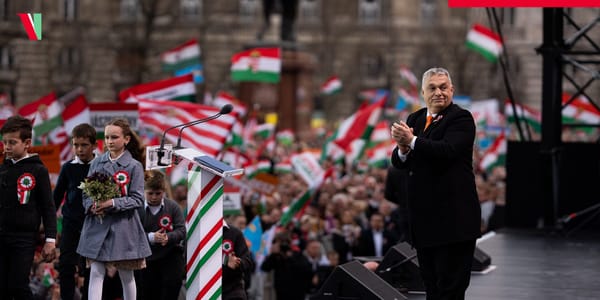
Hungarian Prime Minister Viktor Orbán secured his fourth consecutive term with a landslide victory in Hungary’s national elections on Sunday. Orbán’s Fidesz party secured 53% while the United for Hungary six-party opposition alliance received only 35%. The margin of victory was beyond predictions, as the opposition alliance had
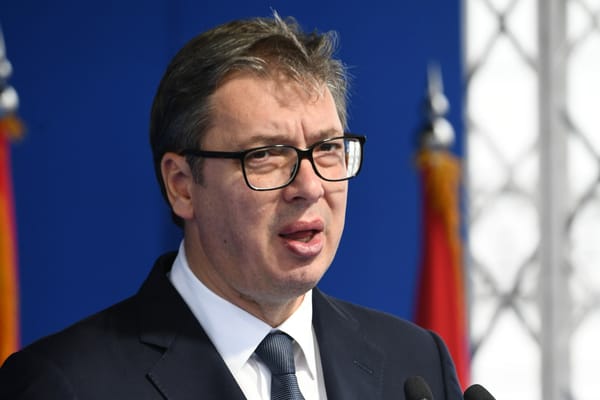
Serbian President Aleksandar Vucic has dissolved Parliament and called for a national ballot to be held on 3 April, just 18 months after forming his government on the back of a vote boycotted by the main opposition parties, Euractiv reported. Vucic urged Serbian voters “to take part in the election

Hungarian Family Minister Katalin Novak accepted ruling Fidesz’s nomination for her to become president of Hungary on Tuesday. Novak, 44, tweeted “To represent Hungary, to serve the whole Hungarian nation – I am preparing for this challenging task with faith, spirit and heart. I respectfully accept the nomination as President

Czechia’s President Milos Zeman officially appointed Petr Fiala as prime minister to lead a broad coalition of right-wing and centrist parties on Sunday, after his predecessor Andrej Babis lost the national elections in October. Fiala said his new coalition, expected to form mid-December, hopes to be a government of

Hungarian porn baron Gyorgy Gattyan has announced plans to found a party and field candidates in all of Hungary’s constituencies in the upcoming national elections. The reclusive Gattyan, who is worth around EUR 663 million, according to Forbes Hungary, this week told TV presenter Sandor Friderikusz’s podcast of

The swearing-in of the Czech Republic’s new prime minister looks to be a done deal, scheduled for Friday, 26 November. President of the Czech Republic, Milos Zeman, has invited Petr Fiala, who won the popular vote in Czechia’s October elections, for talks on putting together a new cabinet.